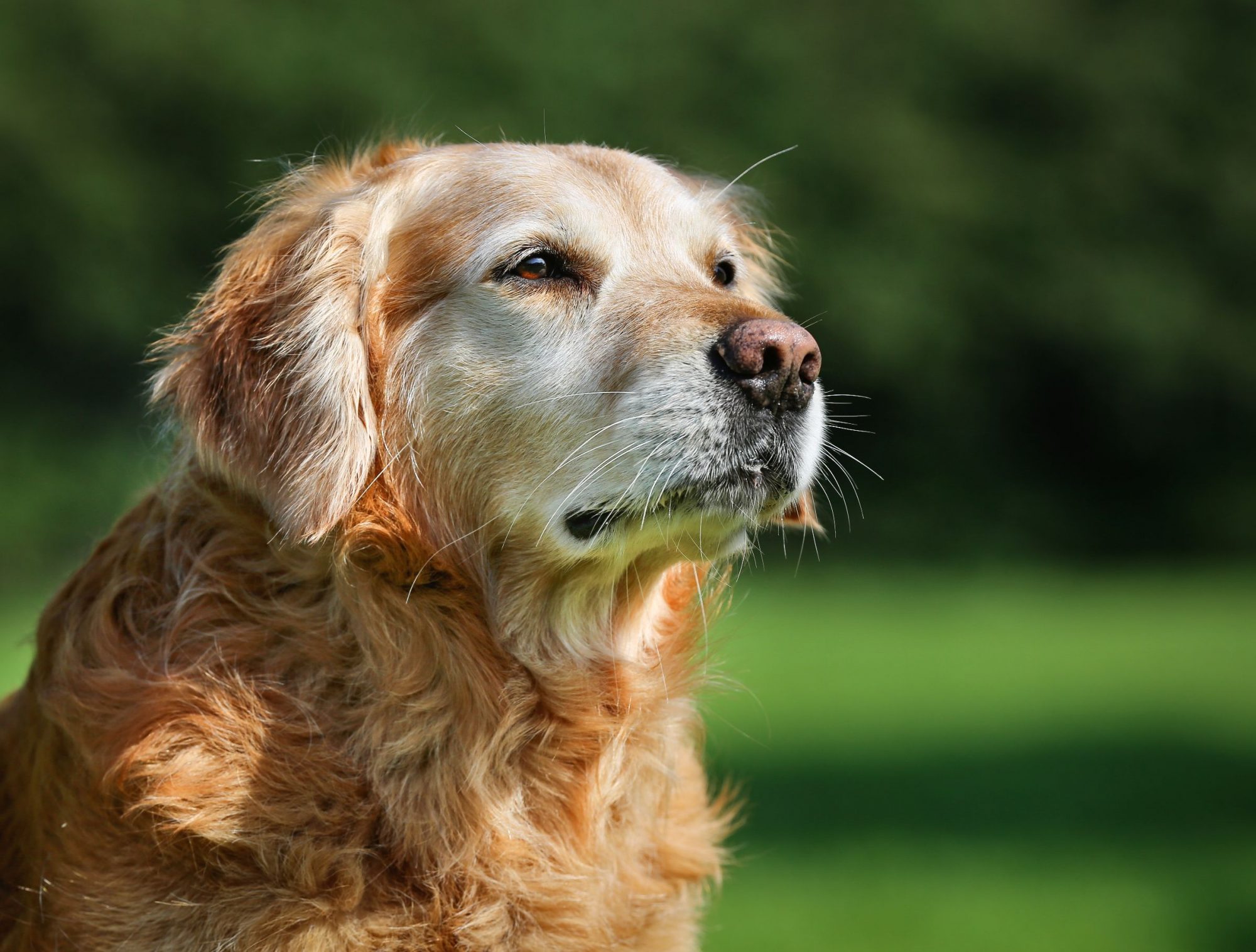Blog
The Long Haul: The Best In Senior Pet Care

Few of us can resist the charms of young animals, but if you’re looking for constant companionship and devotion, senior pets are where it’s at. Senior pets are deeply connected to their routines, and know exactly where their people are at all times. They have also fine-tuned their instincts and understand implicitly where they belong.
To honor the positive impact that older pets have on our lives, we recommend taking a closer look at what senior pet care entails. From there, you can decide how to really spoil your dedicated best friend.
All Things Related
Age-related illnesses are super common among senior pets. Because of advances in veterinary medicine and improvements in pet nutrition, our besties are living longer, healthier lives. But while we can slow down the process, nothing can stop a pet from aging.
Aging Gracefully
It depends on a pet’s species, breed, lifestyle and overall health, but the senior life stage generally begins around the age of seven. You might not notice many effects of aging, but it is common to see a pet slowing down a little, or growing some grey hairs around the eyes or muzzle.
However, despite a lack of obvious symptoms, many senior pets feel pain in their joints or are suddenly sensitive to cold drafts. One of the easiest facets of senior pet care is to adjust certain items in their environment. This can include orthopedic bedding, ramps, self-heating pads, clothing/gear, or ergonomic food stations.
By the Time You Notice It
Many symptoms of age-related disease go unchecked until they are beyond effective treatment. To prevent illnesses from gaining a foothold, we recommend two wellness exams every year for senior pets. A proactive approach to aging can reduce the severity of many health conditions, such as:
- Cancer
- Diabetes
- Osteoarthritis
- Kidney disease
- Liver disease
- Heart disease
- Metabolic diseases
- Cataracts
- Hyperthyroidism
- Hypothyroidism
- Dental disease
A Look at Senior Pet Care
At your senior pet’s bi-annual routine wellness exam, we discuss their:
- Nutrition
- Exercise routine
- Cognition and behaviors
- Dental health
Certain diagnostics can screen for hidden causes of telltale symptoms, and we can compare results from previous visits. If you notice any of the following symptoms between visits, please give us a call:
- Vomiting or diarrhea
- Sudden changes in weight
- Mobility issues or weakness
- Increased thirst and urination
- Increased vocalization
- Coughing
- Foul smell from the mouth
- Cloudy eyes
- New lumps or bumps
- Swelling
- Noise sensitivity
- Confusion
Any changes to a senior pet’s health can help us customize their wellness plan. We can adjust their diet and nutritional needs, recommend types and frequency of exercise, advise against certain household changes, and offer services such as acupuncture to support their well-being.
Above all, the most important aspect of senior pet care is love. Be sure they are warm and cozy, safe from hidden dangers (like open staircases or slippery surfaces), and secure in the company of others.
Remember to let us know if your pet’s personality or behavior suddenly changes. They could be in pain, but we can help them through it. Call our doctors and staff at (210) 696-1700.
